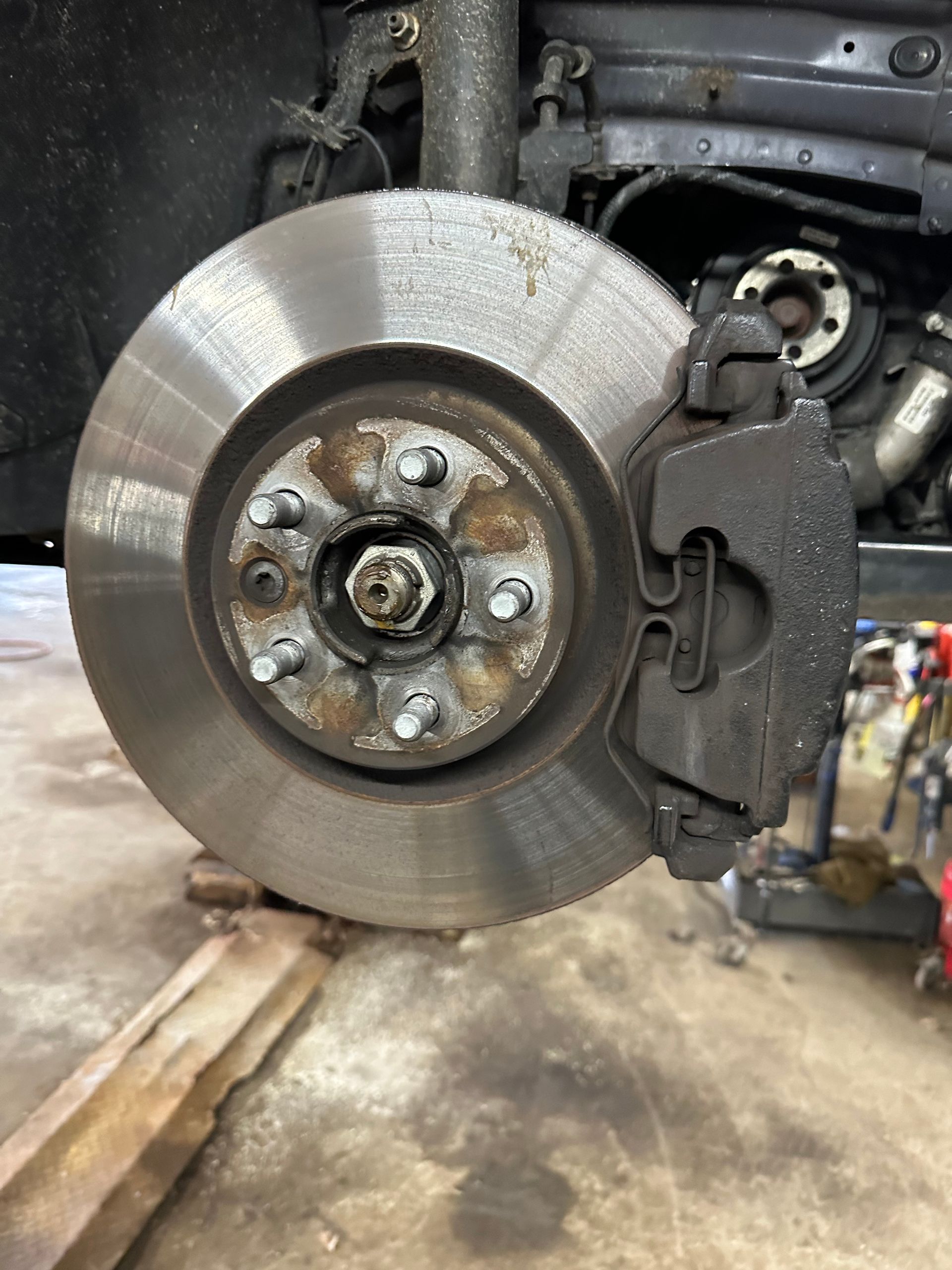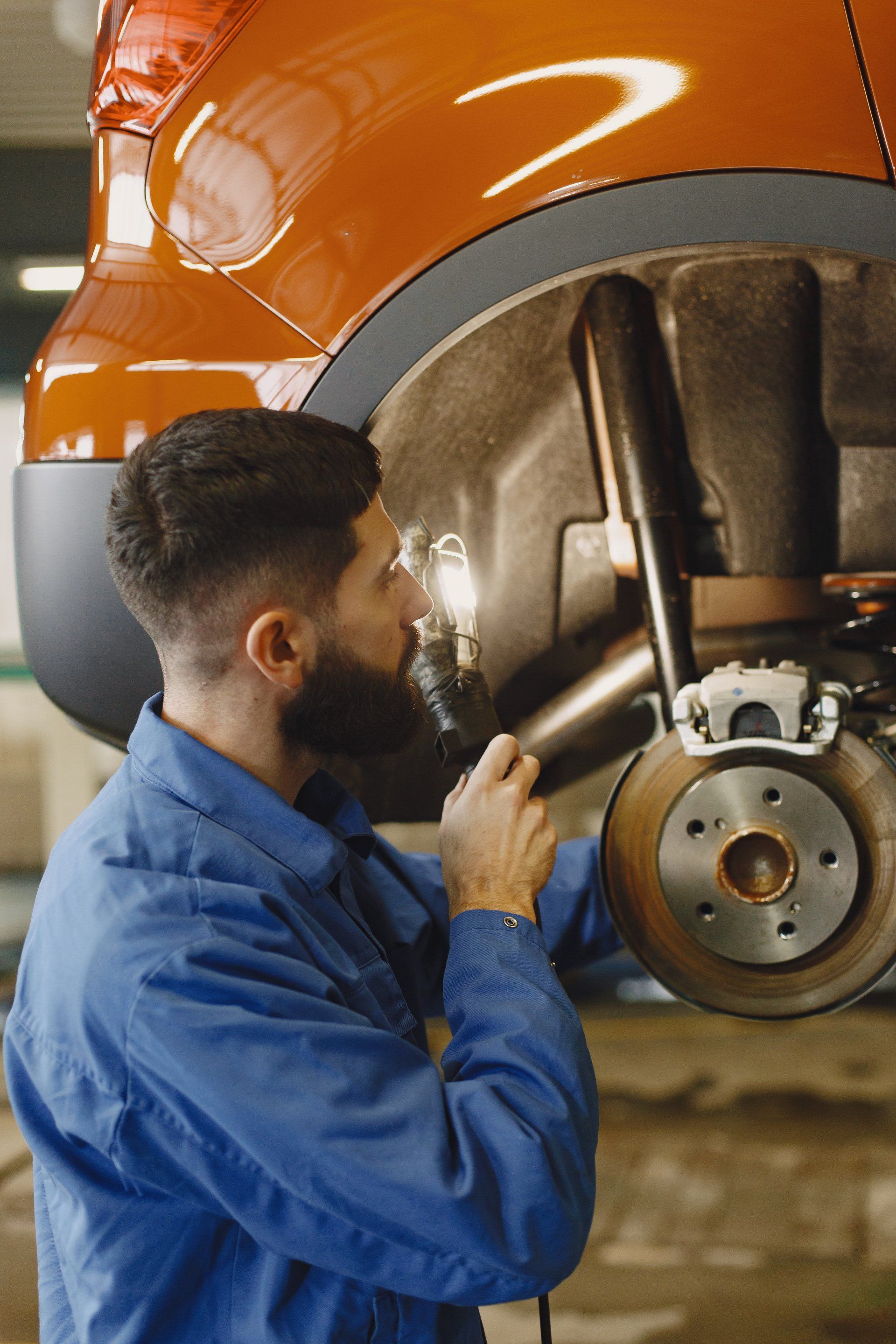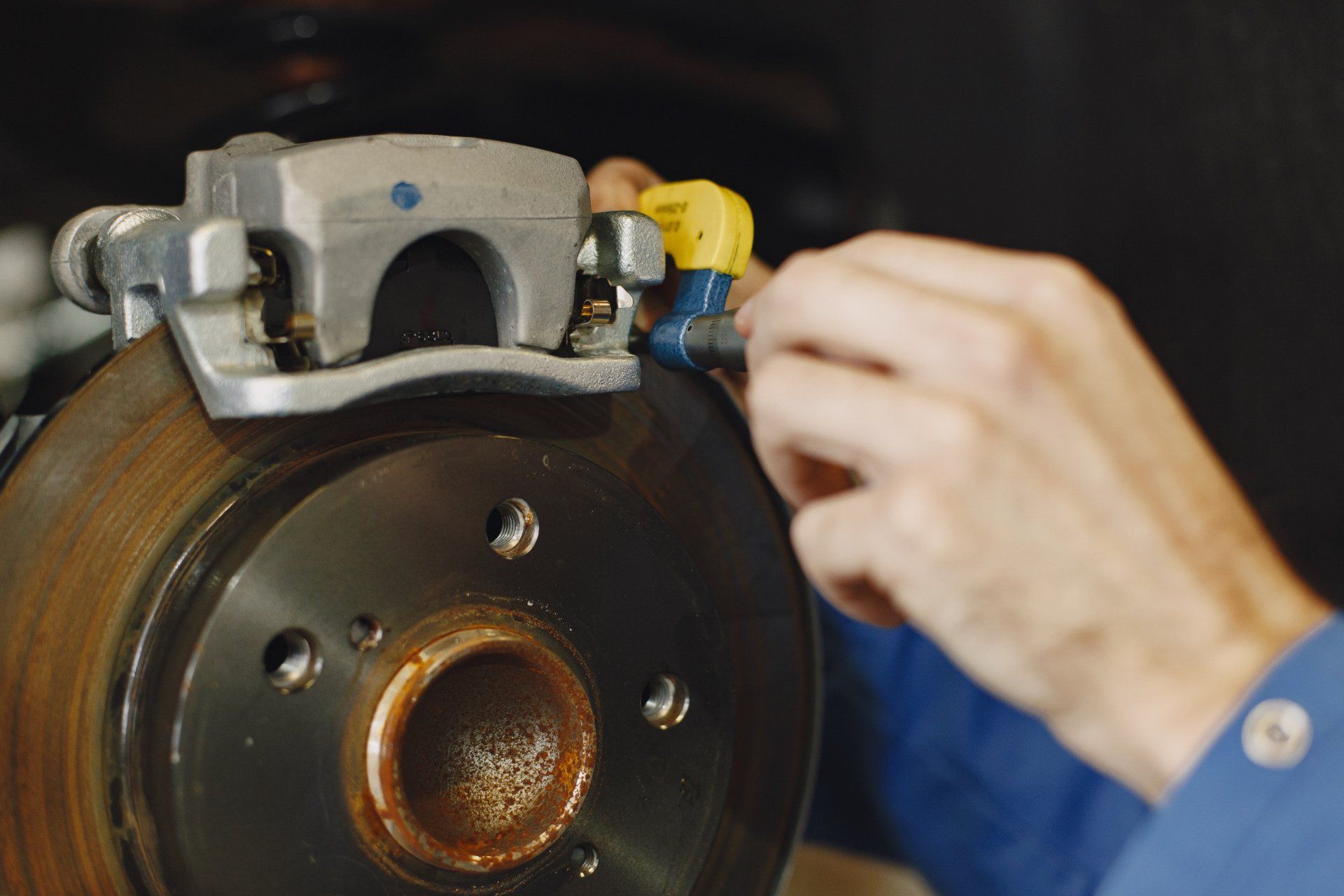Brake Repair Melrose, MA
For brake repair Melrose, MA automobile owners can rely on Alan's Auto team of experienced technicians to provide premium brake repair for a wide variety of cars, allowing you to rest easy knowing your vehicle will be safely taken care of. We strive to quickly diagnose any issues and perform the necessary repairs or maintenance efficiently.
Brake Repair Near Me in Melrose
Regular car brake repair and maintenance is essential to keeping your vehicle running safely and efficiently. Not only can brakes become worn down over time due to regular use, but they must also be inspected periodically to help ensure optimal performance. Keeping your brakes in good condition can help you avoid costly future repairs while saving money on gas and ensuring a smoother ride. With the proper care and attention, you can ensure your vehicle's brakes are always up-to-date and functioning properly.
Trained Brake Technicians
Our team is highly trained in all aspects of brake repair, from inspecting components for defects to replacing worn-out parts with high-quality replacements. We understand the importance of having correctly functioning brakes, and our commitment to safety is second to none. So whether you're looking for minor tune-ups or major repairs, Alan's Auto is here to help keep your car running safely.
Get Your Brakes Inspected in Melrose
Get your brakes inspected at Alan's Auto in Melrose! We provide an inspection of your car's brakes, including a visual inspection of all parts and components. We also assess the condition of the pads or shoes, rotors or drums, calipers, hardware, master cylinders, and hoses. After an inspection, we can identify whether your brake system needs maintenance, repair, or replacement. Don't wait until it's too late - get your brakes inspected today! Call (781) 662-0666 to schedule an appointment.
FAQ's About Brakes
Here are some questions we get from customers about brake repair and maintenance.
How often do I need to change my brake pads?
The frequency of changing brake pads varies based on several factors, including your driving habits, road conditions, and the type of brake pads you have installed on your vehicle. However, as a general rule of thumb, brake pads should be replaced around every 50,000 miles.
That being said, there are some signs to look out for that may indicate that your brake pads need to be changed sooner. For instance, if you hear a high-pitched screeching sound or a grinding noise when you apply the brakes, it could mean that the brake pads are worn out and need to be replaced. Additionally, if you notice that your brakes feel less responsive than usual or take longer to stop the vehicle, it's important to have your brake system inspected by a qualified mechanic.
It's also worth noting that some high-performance brake pads are designed to last longer than traditional brake pads, but they may also come with a higher price tag. Ultimately, it's important to consult with your mechanic and follow the manufacturer's recommendations for your specific braking system to ensure that your brake pads are functioning properly and being replaced on a regular basis.
What are the signs that my brakes need servicing?
There are several signs that may indicate that your brakes need servicing. It's important to pay attention to these warning signs and have your brakes inspected by a qualified mechanic as soon as possible to prevent further damage or potential safety hazards. Here are some common signs that your brakes need servicing:
- Squeaking, screeching or grinding noise: If you hear a high-pitched sound when you apply the brakes, it could be an indication that your brake pads are worn down and need to be replaced.
- Soft or spongy brake pedal: If your brake pedal feels soft or spongy when you apply pressure, it could mean that your brake lines have air or moisture in them, or you have a problem with the master cylinder.
- Vibrations or shaking: If you feel a vibration or shaking when you press the brake pedal, this could be a sign that your brake rotors are warped or damaged and need to be resurfaced or replaced.
- Pulling to one side: If your vehicle pulls to one side when you apply the brakes, it could mean that the brake linings are wearing unevenly or that there is a problem with the brake caliper.
- Warning light: If your brake warning light is illuminated on your dashboard, it is indicating that there is an issue with your brake system and needs to be inspected immediately.
- Burning smell or smoke: If you notice a burning smell or smoke when you apply the brakes, it could mean that your brakes are overheating, which could lead to brake failure if not addressed in time.
If you notice any of these warning signs, it's important to have your brakes inspected as soon as possible to ensure that your brake system is functioning properly and your vehicle is safe to drive.
Is it safe to drive with a brake warning light on?
It is not safe to drive with a brake warning light illuminated on your dashboard. The brake warning light typically indicates that there is a problem with your brake system. This could be a simple issue like your parking brake being accidentally left on, or it could be a more serious problem like low brake fluid or a malfunctioning brake system.
If you continue to drive with the brake warning light on, it puts you and other drivers on the road at risk. The warning light could be indicative of a significant loss in braking power or other issues that could lead to brake failure or difficulty stopping your vehicle in a timely manner.
If your brake warning light comes on, it's important to pull over as soon as possible in a safe location and turn off the engine. Assess the situation, look for any leaks, and check your brake fluid levels. If you cannot find a solution, call a qualified mechanic to have your brake system inspected and serviced.
Driving with a brake warning light on is not safe and can lead to a dangerous situation. Always have your brake system inspected as soon as possible when the warning light is illuminated.



